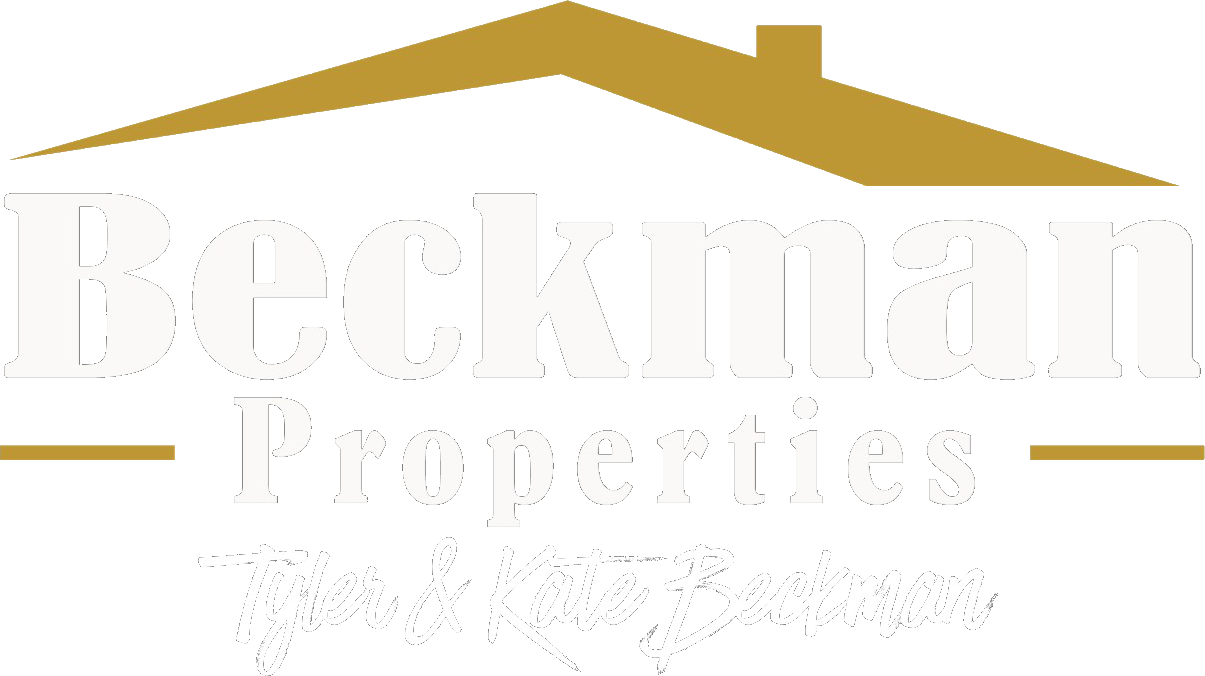When you list your home for sale or buy a home with the help of a real estate agent, get ready to sign a whole pile of paperwork.
In most states, one of the first you’ll be asked to put your pen to is called the Agency Disclosure and we often see our clients sign it without reading and understanding it.
It’s rather boring, but you need to know what it means
In contract law, “agency” is a word used to describe the relationship created when one party, the principal, grants permission for another party, the agent, to act on his or her behalf (but under the principal’s control) to deal with a third party.
I see those eyes glazing over.
Here it is in English: You are the principal and your real estate agent’s broker is the agent.
“Wait, what about my real estate agent; isn’t he the agent?”
Yes, but not your agent. He or she is the broker’s agent.
Confused?
When you hire a real estate agent to help you sell or buy real estate, he or she is acting on behalf of the broker. You may never meet the broker, but she is, in reality, your agent.
Agents have duties
Agency relationships are fiduciary, meaning that they are based on trust and confidence. Your agent has a fiduciary duty to you to never breach your confidence.
One of the agent’s primary duties is loyalty—he or she is obligated to always act in your best interests, to the exclusion of all other interests. Keep this one in mind as we explore types of agency relationships, later on.
If you are buying a home, your agent has a duty to disclose the following, if it is known to her:
- If the seller will accept less than the asking price
- Why the homeowner is selling the home
- Her estimation as to the value of the property
- Whether the property is owned or co-owned by the broker or any of her relatives
- The number of days the home has been on the market
- Any information she has on other offers presented to the seller
As you might imagine, the seller’s agent has similar duties to his client.
What happens, then, if you go to a Sunday open house, fall in love with the house and you aren’t currently working with a real estate agent?
Will you sign up with the agent at the open house? If you do, this situation is known as dual agency – legal in some states, illegal in others. The agent must disclose to both buyer and seller that he or she is representing both of them.
Dual agency (in some states it is known as “designated agency”) can also occur when two agents from the same brokerage represent both the buyer and the seller.
The bottom line with this form of agency is that the agent’s duties are divided. Acting in his clients’ best interests, “to the exclusion of all other interests,” becomes challenging.
This isn’t to say that you shouldn’t enter into such a relationship. Take the time to check the agent’s qualifications. Seasoned, professional real estate agents are more likely to be able to handle the challenges inherent in dual agency situations.
When your agent passes the Agency Disclosure form across the table for your signature, take the time to read it and do ask questions about anything you don’t understand.
Learn more about the different types of agency relationships in real estate at realtor.org.




